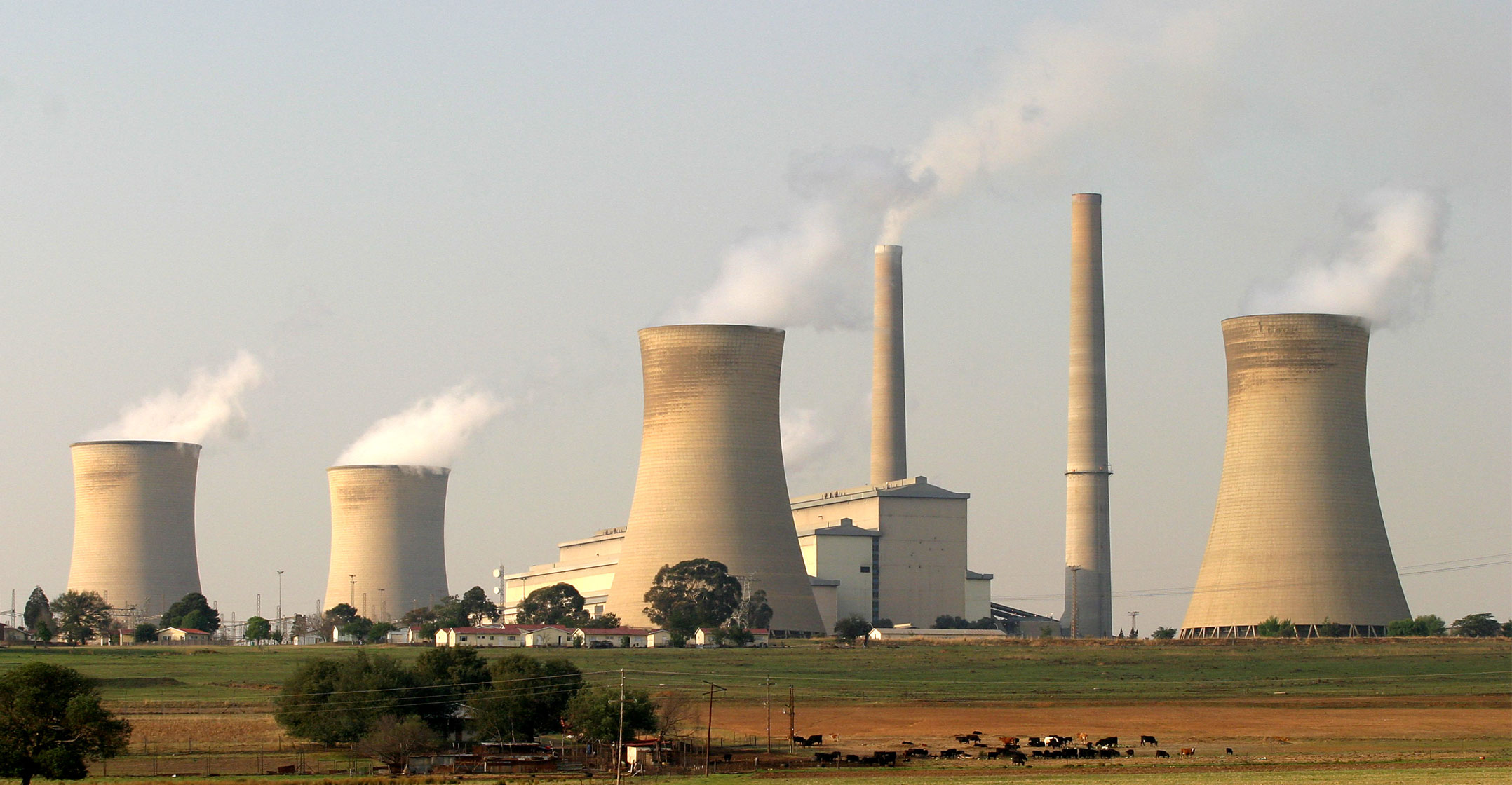 South Africa’s cash-strapped state power company began a second day of controlled blackouts, jeopardising a recovery in the economy as investors await a government plan to restructure the utility.
South Africa’s cash-strapped state power company began a second day of controlled blackouts, jeopardising a recovery in the economy as investors await a government plan to restructure the utility.
The nation is still struggling from outages in the first quarter that contributed to the biggest economic contraction in a decade. Estimates of the blackouts’ toll range from R1-billion to R5-billion/day. They could also cost South Africa its last investment-grade credit rating from Moody’s Investors Service, which is due to deliver its next assessment on 1 November.
Eskom, which provides about 95% of South Africa’s electricity and is seen as the biggest threat to the economy, cut 2GW from the grid due to unplanned breakdowns at its plants, it said in a statement late on Wednesday. The blackouts could last for a week, Jan Oberholzer, the utility’s chief operating officer, told 702.
If the current level of power cuts continue for that long “that would give you about 0.1% of economic growth that would be lost”, Econometrix chief economist Azar Jammine said by phone. “The damage that this is inflicting on the willingness to invest in the economy will be longer term.”
Intermittent blackouts have dogged the economy since late 2005, caused by delays in building new plants, coal shortages and maintenance backlogs.
The government has been promising for months that it’s preparing measures to stabilise the utility, and that its proposals will be unveiled by the end of this month. The plan includes appointing a CEO and splitting Eskom into generating, transmission and distribution units under a state holding company.
Quarter offline
Eskom said the latest outages were necessary to prevent a collapse of the electricity grid. It cited a series of issues that have taken more than 10.5GW — or about a quarter of its generation capacity — offline.
A conveyor belt supplying coal to the new Medupi plant, which has had billions of rand in cost overruns and construction delays, failed on 12 October, it said. Another five generating units were put out of action by boiler-tube leaks, the utility said. — Reported by Ana Monteiro and Liezel Hill, (c) 2019 Bloomberg LP




